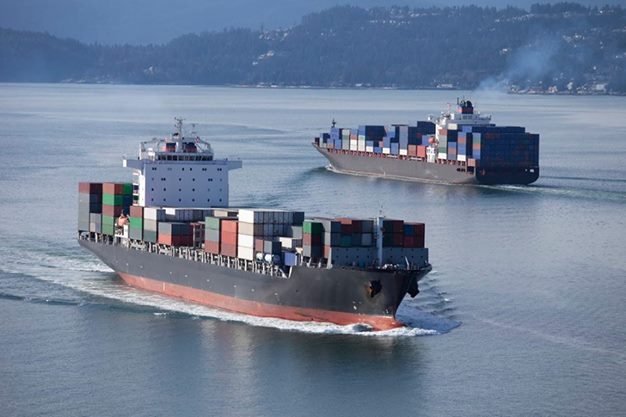I. Dominican International Trade Overview
In the heart of the Caribbean, the Dominican Republic (DR) is at the crossroads between North, Central, and South America.
The DR is the largest economy of the Caribbean and the second-largest country in population and landmass.
Its superb location makes the DR a natural haven for maritime and air transport facilities and regional distribution centers.
The DR has world class multimodal terminals for the handling of containers and logistics operations.
II. DR International Trade / Commerce
The DR has preferential export rights through:
- USA, DR and Central America Free Trade Agreement (DR-CAFTA).
- Economic Partnership Agreement with European Union (EPA) and the United Kingdom (UK).
- Partial Free Trade Agreement with Panama and CARICOM.
- Currently in Free Trade Talks with Canada, Chile, Colombia, Mexico and South Korea.
III. DR International Trade Framework
Import Duties: Tariff Code Law 14-93 adopting the international Harmonized System of Codification and Designation of Goods.
Export Duties: Law 84-99 on Reactivation and Promotion of Exports eliminates the payment of custom duties for materials incorporated to export products.
Antidumping Duties: Unfair Business Practices and Countervailing Duties Law 1-02 enables the application of anti-dumping duties to dumped or subsidized products that, if imported into DR territory, could cause injury to national producers.
IV. DR- CAFTA
On 2004, the DR negotiated with the U.S.A and Central America, individual market access schedules for goods, agriculture, services, investment, government procurement, and special rules for textiles and apparel.
DR- CAFTA came into force on 1/01/2006.
80% of exports to U.S.A, DR and Central America immediately became duty-free with remaining tariffs phased out over a term of 10 to 20 years.
V. EU-CARIFORUM EPA
The DR is party to the Economic Partnership Agreement (EPA), signed on October 15, 2008 between the European Union (EU) and the Caribbean Forum (CARIFORUM) States.
The EPA removes all tariffs and quotas on Caribbean exports to the EU immediately. The only exception is sugar and rice, which will be liberalized over short periods.
From the Caribbean side there is a gradual opening of markets over a period of 25 years, which will mean cheaper goods for consumers and businesses.
This publication is provided for informational purposes only and not as legal advice. Any transaction related to any of the described aspects shall require advice and be specifically consulted with the firm in advance. © 2024 Arthur & Castillo | Dominican Law. Next

